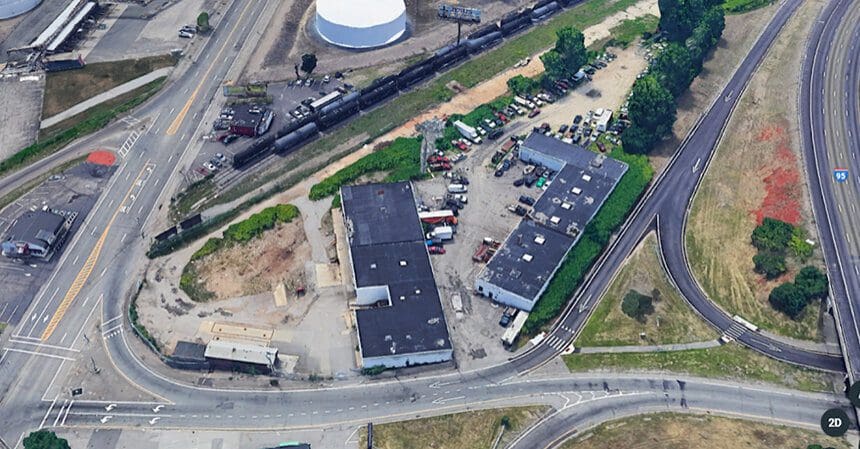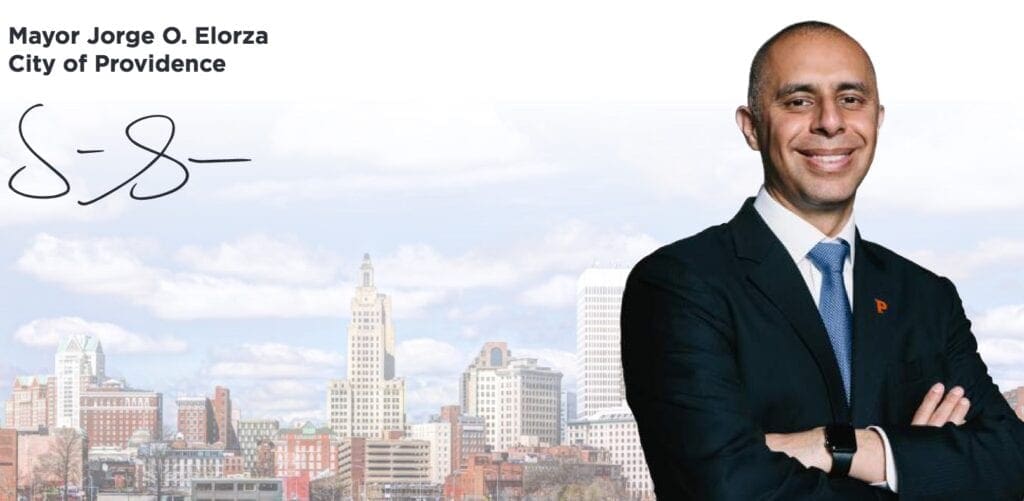Search Posts
Recent Posts
- Dr. Rosemary Costigan Named President of Community College of Rhode Island June 19, 2025
- RI Veterans: Did you know? 19.06.25 (Military Funerals, Job Fair, Benefits, Events) – John A. Cianci June 19, 2025
- East Providence First in U.S. to Equip All Firefighters with PFAS-free Gear June 19, 2025
- We Cook! Mill’s Tavern Saffron Bouillabaisse with Tarhana Lobster Jus June 19, 2025
- Rhode Island Weather for June 19, 2025 – Jack Donnelly June 19, 2025
Categories
Subscribe!
Thanks for subscribing! Please check your email for further instructions.

Community tries to say “NO” to another Allens Ave Waste Facility
At the request of the company intending to build another waste facility on Allens Avenue in Providence, the agenda item to be heard before the Providence Planning Commission was continued until the March 17th, 2020 Commission meeting.
However, approximately 35 community members filled the room and requested the opportunity to speak to the Commission. The Commission first said that they could not take public testimony due to lack of a stenography which is “required for some, but not all items”. They were asked to come back at the 3/17 meeting – and to take advantage of the public information sessions the company is planning before that time.
One individual asked if members of the Commission would be attending those meetings so they could hear the information prior to their voting on the issue in March. “Of course not,” was the response.
One member stood and asked for a raising of hands of those in opposition – a cursory look showed nearly the entire audience raising hands. He encouraged those present to introduce themselves to each other.
Video, courtesy UpRiseRI YouTube channel:
About Allens Providence Recycling LLC

William Thibeault of Everett, Mass is the owner of Allens Providence Recycling LLC. The area is approximately 3.87 acres. The community is concerned about waste and loads with excessive dust, odors, or liquids, as well as the truck traffic in the community.
According to EcoRI, “State air monitoring found unhealthy levels of benzine and diesel-fuel emissions, both are carcinogens and linked to respiratory disorders. Drix noted that asthma data from the Rhode Island Department of Health found that neighborhoods abutting the Port of Providence experience high emergency room visits for low-income children who suffer from asthma”.
The construction and demolition facility is being proposed for the corner of Allens and Thurbers Avenues. An expected 188 truck deliveries daily also include trucks circling the area if the queue to enter is filled or blocked. expects to receive 188 truck deliveries daily.
About the City of Providence Climate Justice Plan
The City of Providence adopted a Climate Justice Plan in the Fall of 2019. The theme being: Creating an equitable, low-carbon, and climate resilient future.
From the plan, “Work towards a zero emissions, pollution-free port: Implement strategies to reduce climate and other pollution from port operations including vessels, trucks, cargo-handling equipment, and other industrial processes.
Working with the Green Port Collaborative:
Incentivize more efficient shipping practices including infrastructure for more fuel-efficient vessels coming in and out of the Port.
Conduct and publish a carbon emissions inventory of the port area that includes co-pollutants. Businesses would be required to provide their data to the City if not already available.
Set short-, medium- and long-term emissions reduction targets and create plans to meet targets.
Create a fee on emissions from the port.
Revenue should support a near-port community-controlled fund for investments to help them transition from fossil fuels and be protected from climate change.
Explore a zero-emission standard for port operations.
Explore ways to include the community, and equity and climate targets in the ProvPort lease agreement.
Work towards a clean port economy: Restrict the import and storage of hazardous and polluting materials in the Port with a goal to phase out such materials by 2040.”

